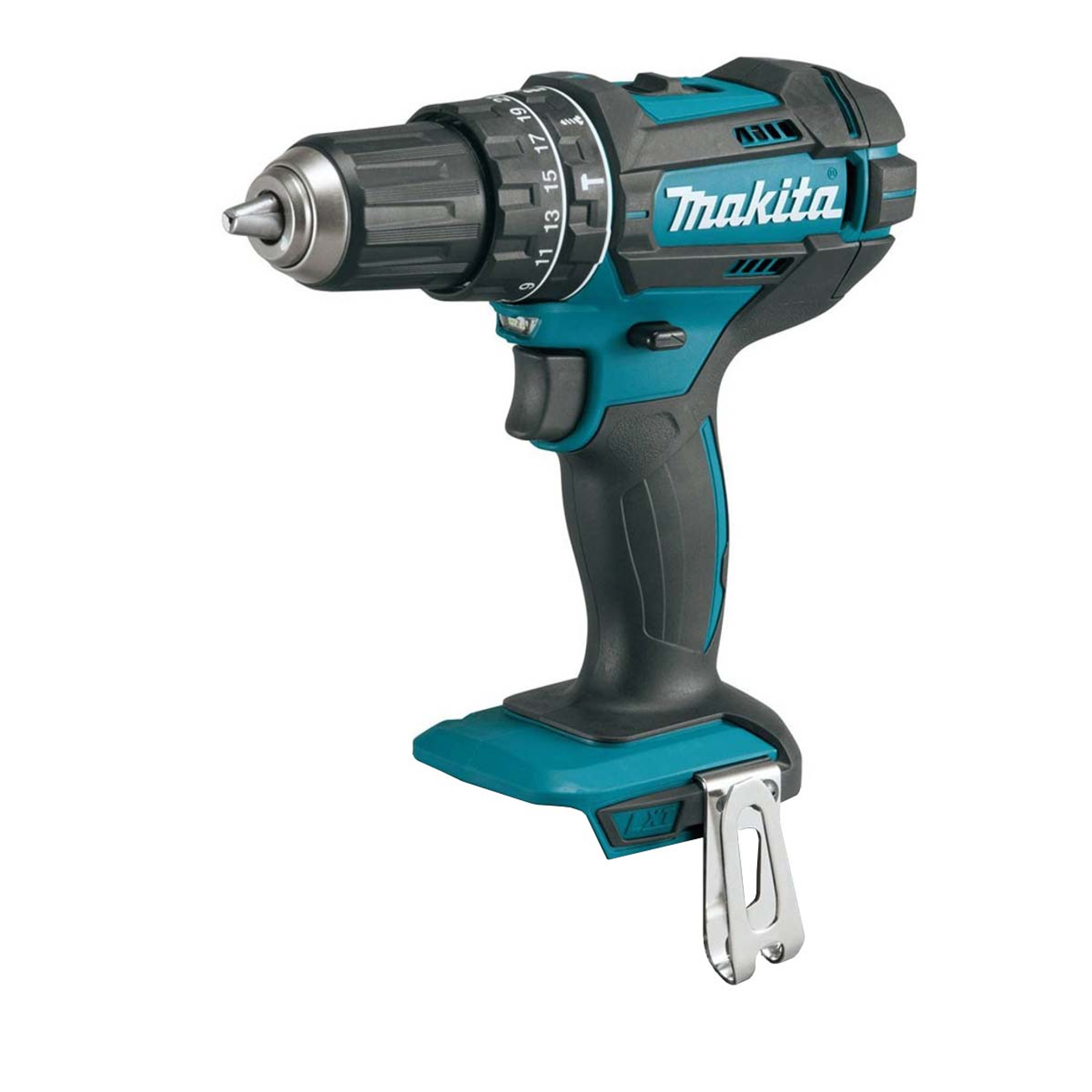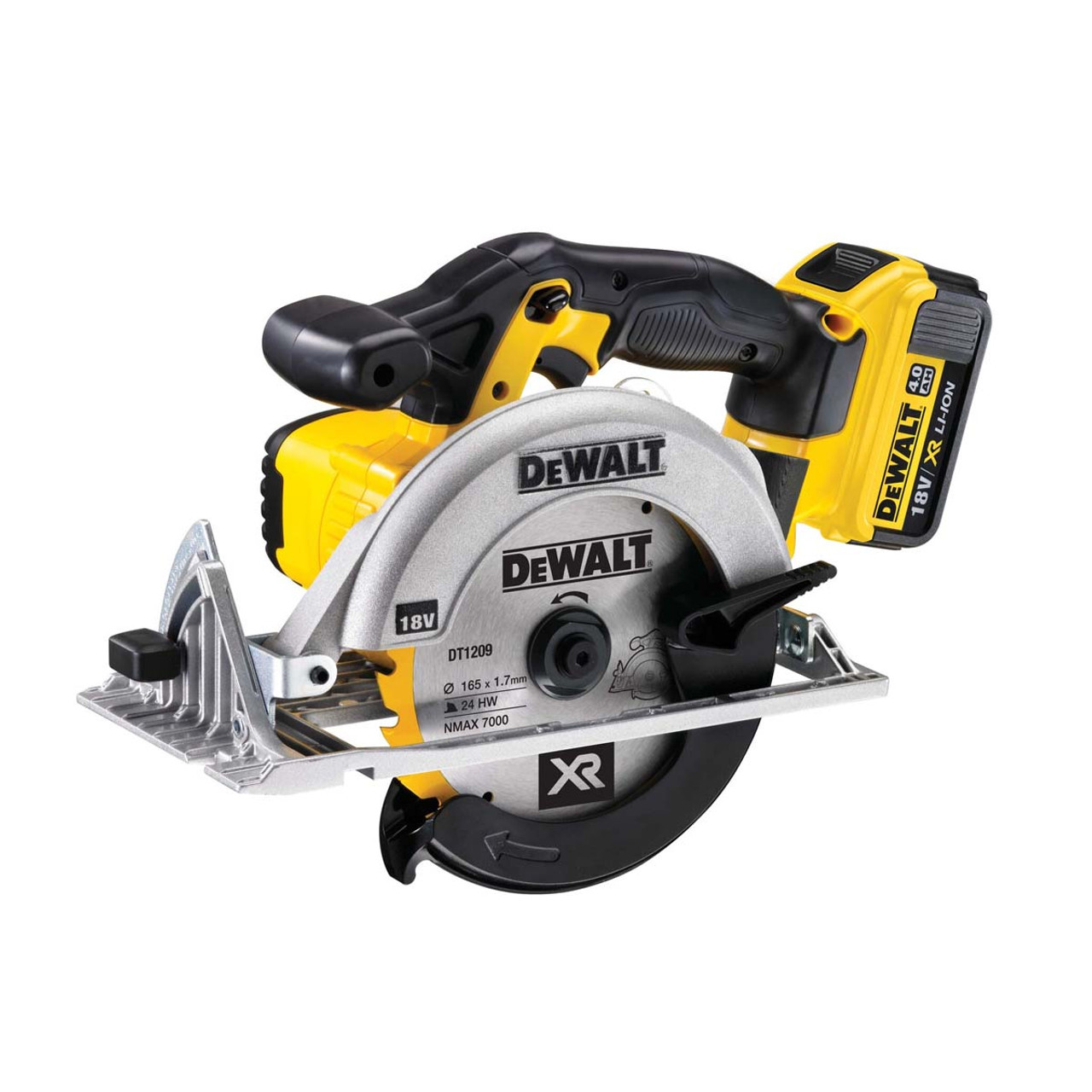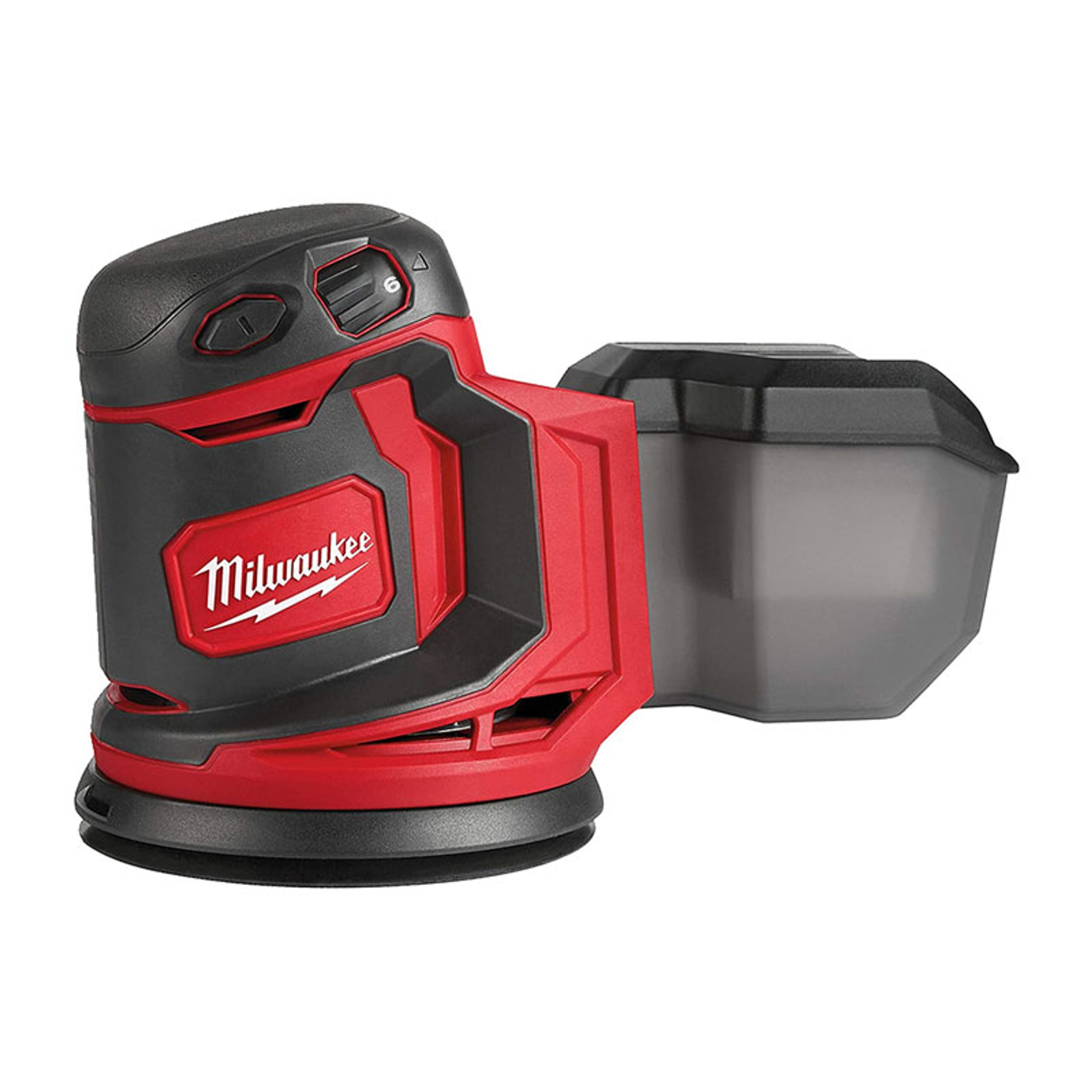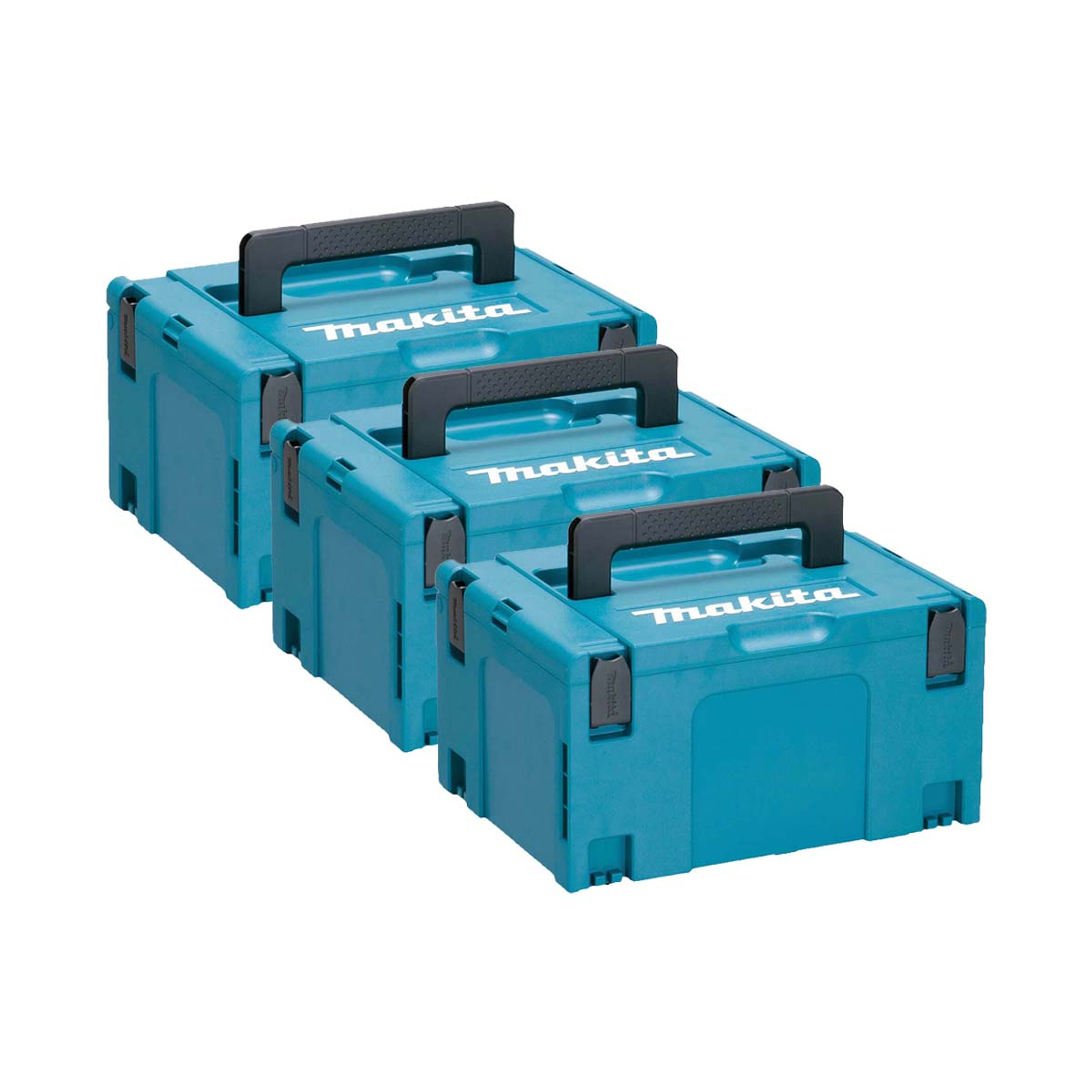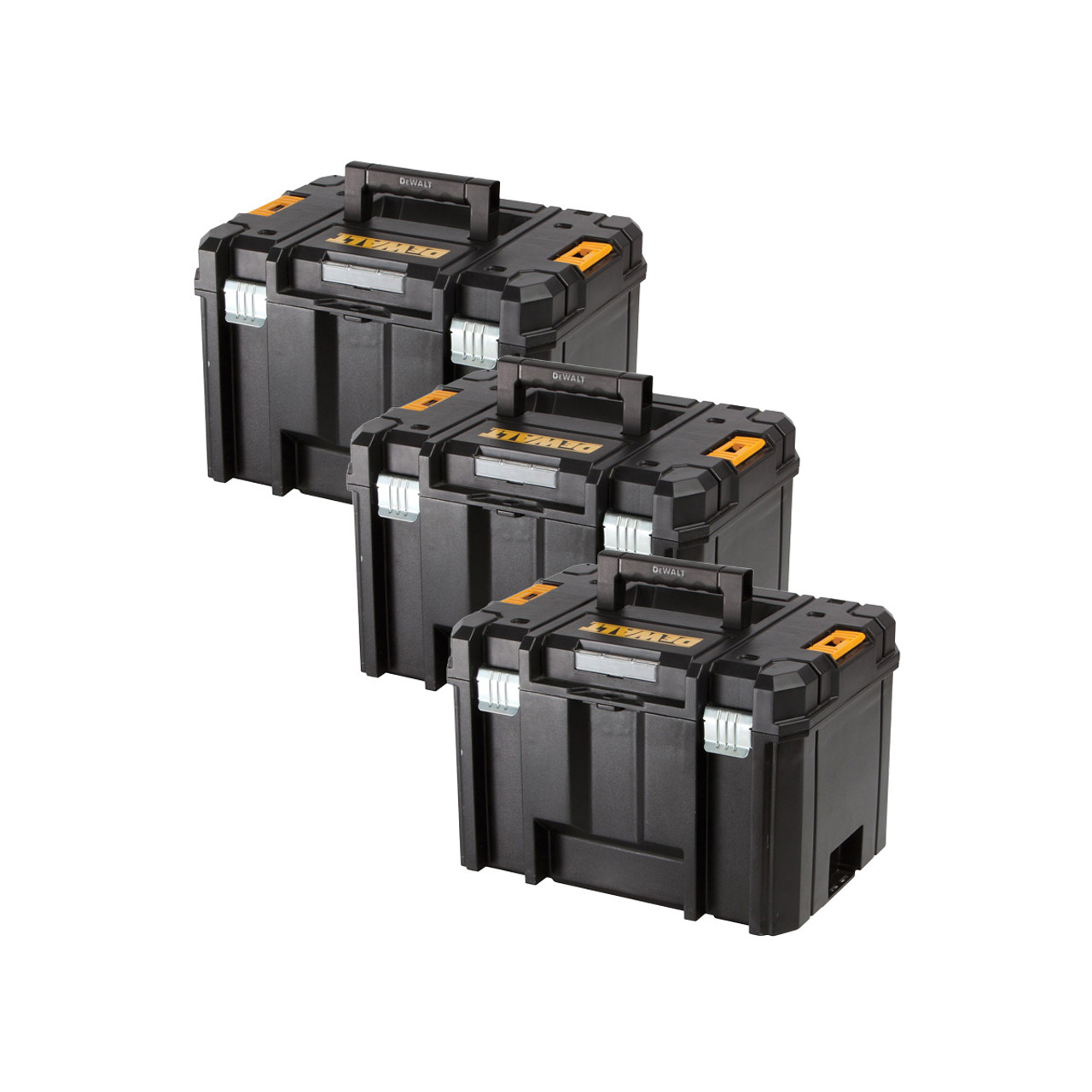Power Tools 101: A Complete Guide for Beginners
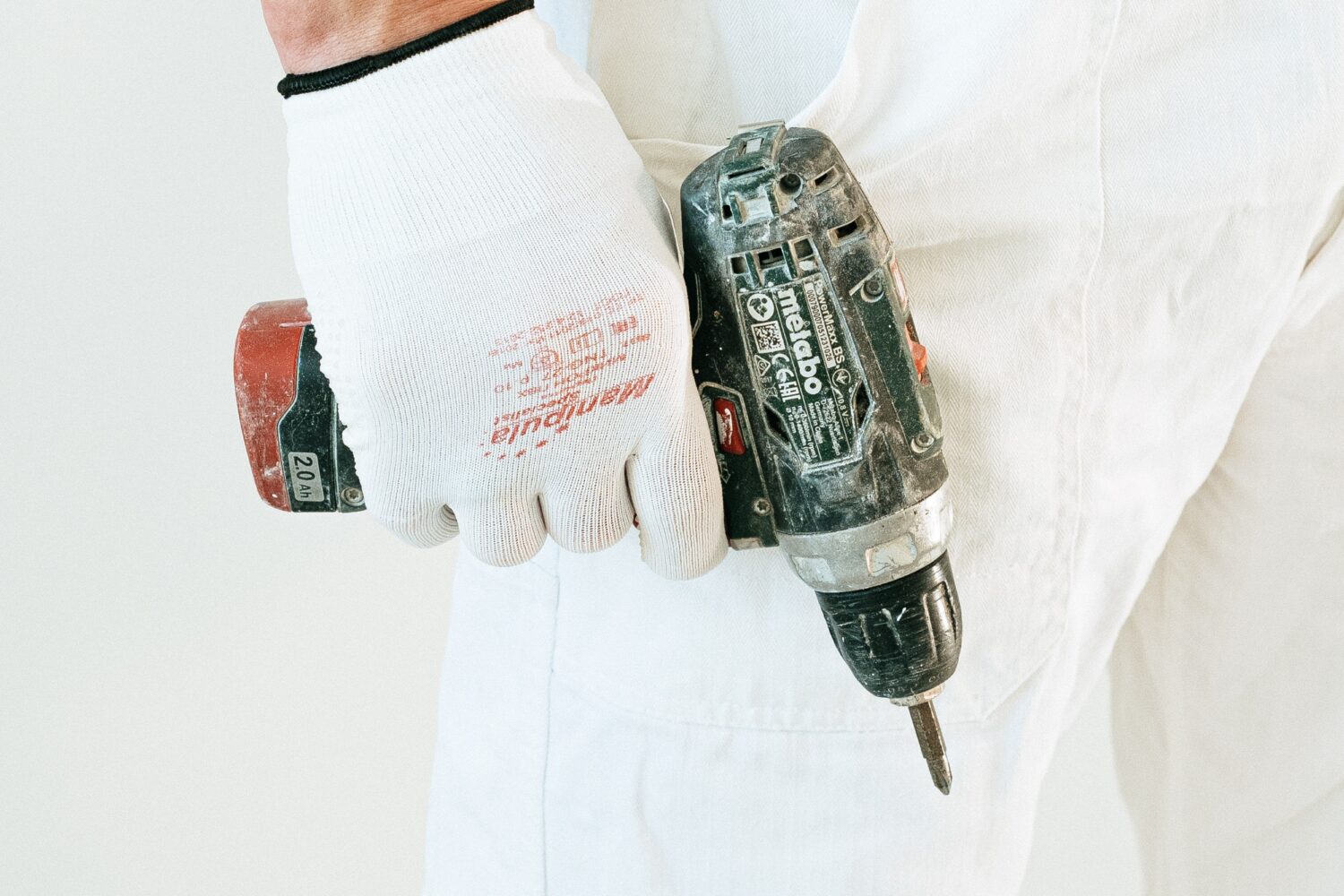
Power tools have revolutionised the way we approach various tasks, from simple repairs to ambitious DIY projects. These versatile tools offer efficiency, speed, and precision, making them indispensable for both professionals and DIY enthusiasts. In this blog, we will explore the basics of power tools, including which ones to buy first, how to store and clean them, the importance of recycling, their impact on electronics, and why 110v tools are considered safer. Let’s dive into the world of power tools and unlock their potential.
Which Power Tools to Buy First?
When starting your power tool collection, it’s essential to prioritize versatile tools that cater to a wide range of tasks. Here are some power tools you should consider buying first:
- Combi Drill: A reliable combi drill is a must-have tool. It can drill holes, drive screws, and even mix paint or adhesive.
- Circular Saw: Ideal for cutting through wood and other materials, a circular saw is invaluable for carpentry projects and general construction.
- Jigsaw: This versatile saw excels at cutting curves and intricate shapes, making it an excellent choice for woodworking and crafting.
- Random Orbital Sander: For smooth finishes on surfaces, a random orbital sander is essential. It eliminates swirl marks and provides a professional touch.
- Power Router: A power router helps shape and trim wood, allowing you to create decorative edges and precise joinery.
Check out some of our Best-Sellers
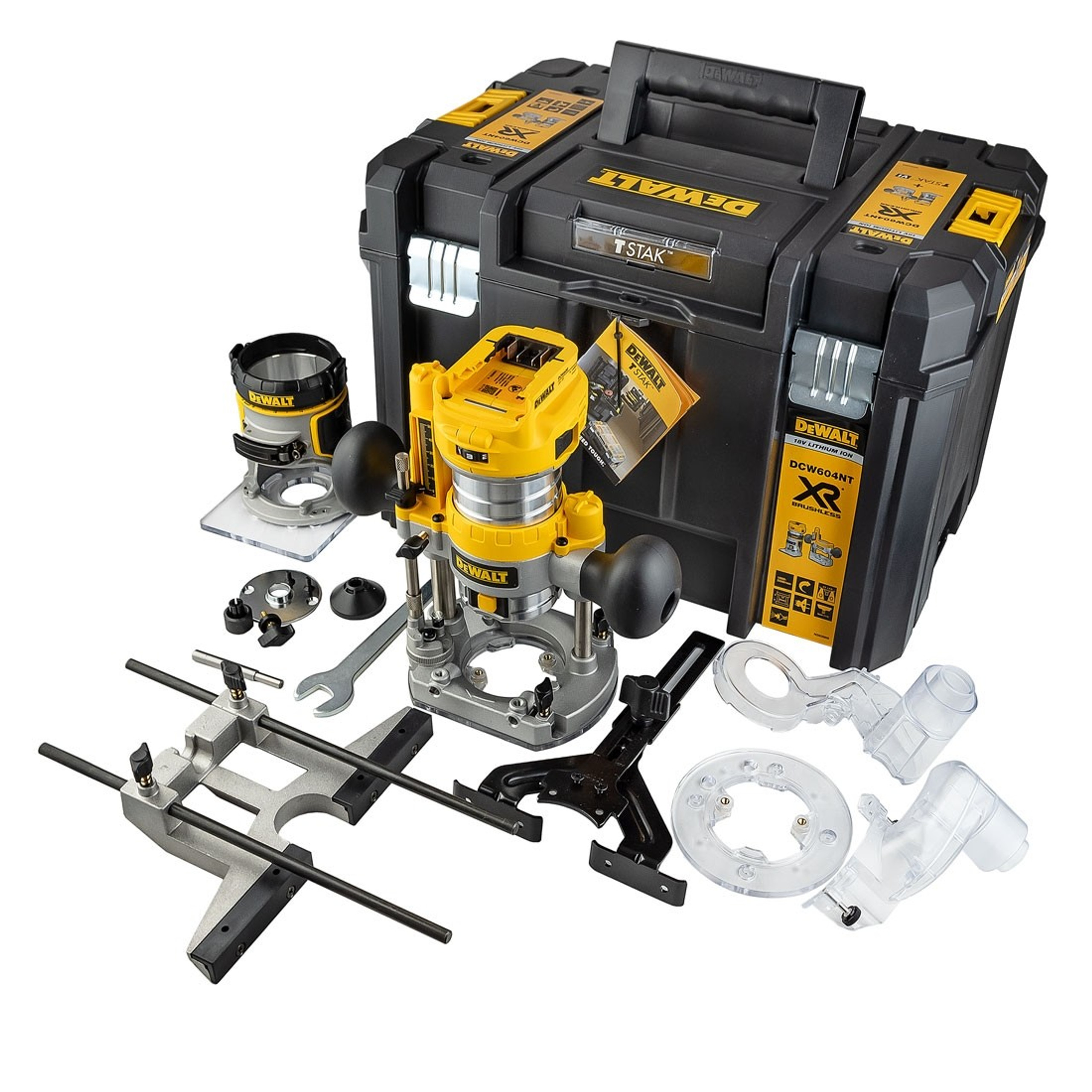
DeWalt DCW604NT-XJ 18V XR Brushless 1/4″ Router with Base (Body Only)
How to Store Power Tools?
Proper storage ensures the longevity and optimal performance of your power tools. Follow these guidelines:
- Clean and dry your tools before storage to prevent rust or damage.
- Store tools in a clean, dry environment, away from moisture, dust, and extreme temperatures.
- Consider using toolboxes, storage cabinets, or wall-mounted racks to keep your tools organised and easily accessible.
- Avoid storing power tool batteries in freezing temperatures, as it may negatively impact their performance. Store them in a cool, dry place instead.
Here are some of our Best-Selling Storage Solutions

Stanley 1-93-278 190L Mobile Job Chest with Integrated Lock
Read on to learn more about other storage options
- Armorgard Tool Storage: Ticking Every Box
- Fall In Love with Milwaukee’S PACKOUT™ Modular Storage System
- All you need to know about Makita’S MAKPAC Cases
- Which Tool Box Do I Need? The Best Tool Boxes of 2023
How to Recycle Power Tools?

When it’s time to part ways with your power tools, recycling is the responsible choice. Here’s how you can recycle them:
- Check with your local recycling facilities or waste management centres to determine if they accept power tools for recycling.
- If your power tools are still in working condition, consider donating them to local vocational schools, community centres, or charitable organizations.
- Some power tool manufacturers offer recycling programs where you can send your old tools back for proper disposal or refurbishment.
How to Clean Power Tools?
Regular cleaning enhances the performance and lifespan of your power tools. Follow these steps:
- Unplug the tool or remove the battery before cleaning.
- Wipe down the tool’s exterior with a clean, dry cloth to remove dust and debris.
- For stubborn dirt or grease, use a mild detergent or a designated tool cleaner. Avoid using abrasive cleaners that may damage the tool’s surface.
- Clean the vents and air filters to maintain proper airflow and prevent overheating.
Read more on the topic in the How to Keep Your Power Tools Clean blog.
Can Power Tools Damage Electronics?
Power tools generate electromagnetic interference (EMI) that can interfere with sensitive electronic devices. However, with proper precautions, the risk can be minimized:
- Keep power tools away from electronic devices while operating them.
- Use grounded power outlets or surge protectors to reduce the chances of EMI affecting nearby electronics.
- If working on electronic devices, use tools specifically designed for electronics, such as anti-static screwdrivers or precision screwdrivers.
Can power tools affect a Pacemaker?
Yes, power tools have the potential to affect pacemakers. The electromagnetic fields generated by power tools can interfere with the functioning of pacemakers, leading to irregularities or malfunctions. It is important for individuals with pacemakers to exercise caution and maintain a safe distance from operating power tools to avoid any potential risks.
Why are 110v Tools Safer?
In certain regions, power tools are designed to operate on either 110V or 240V electrical systems. Here’s why 110V tools are considered safer:
- Lower Voltage: 110v tools operate at a lower voltage, reducing the risk of an electrical shock compared to 240V tools.
- Reduced Fire Hazards: Lower voltage tools are less likely to cause electrical fires due to decreased power consumption.
- Availability: In some countries, 110V power outlets are more prevalent, making it easier to find compatible power sources.
Learn more about 110V tools here.
Power tools are incredibly versatile and efficient, making them valuable assets for any DIY enthusiast or professional. By selecting the right tools, storing them properly, cleaning and maintaining them regularly, recycling responsibly, and being mindful of their interaction with electronics, you can unlock their full potential while ensuring safety and sustainability. With the knowledge gained from this Power Tools 101 guide, you’re ready to embark on your next project with confidence.
Yet, if you have any further questions about power tools, please do not hesitate to contact us at our brand-new Help Centre; we are always here to help!

